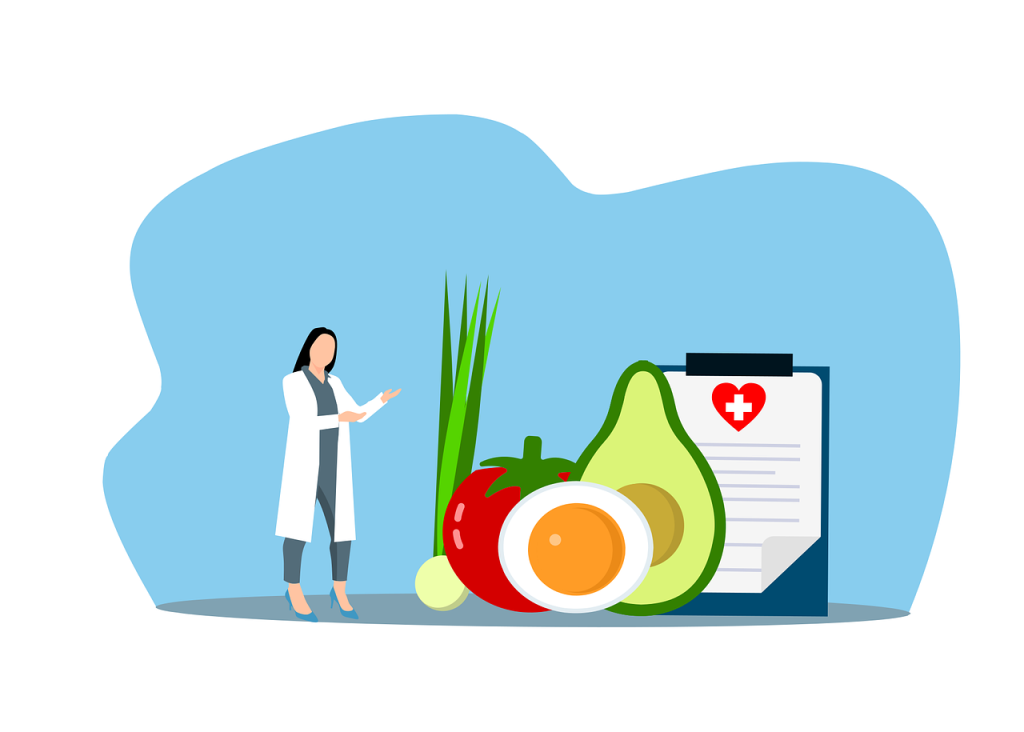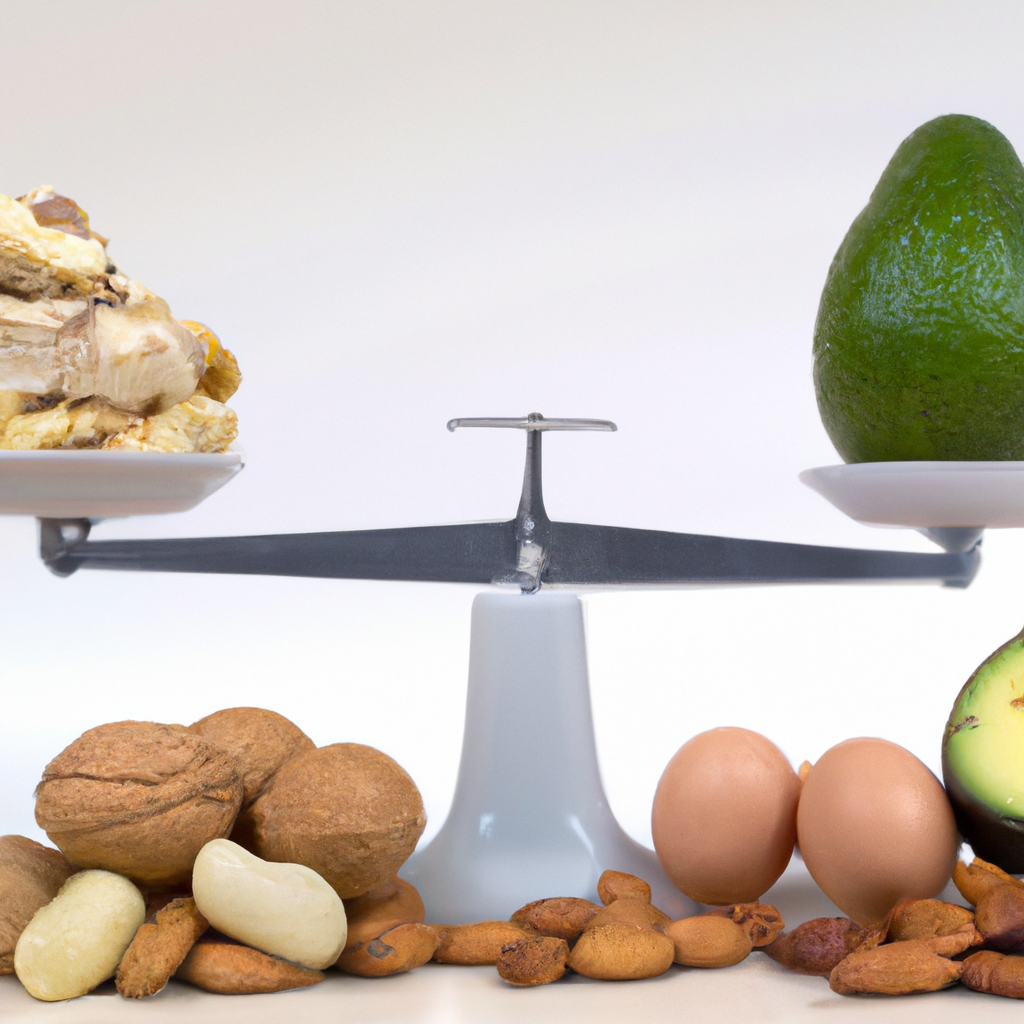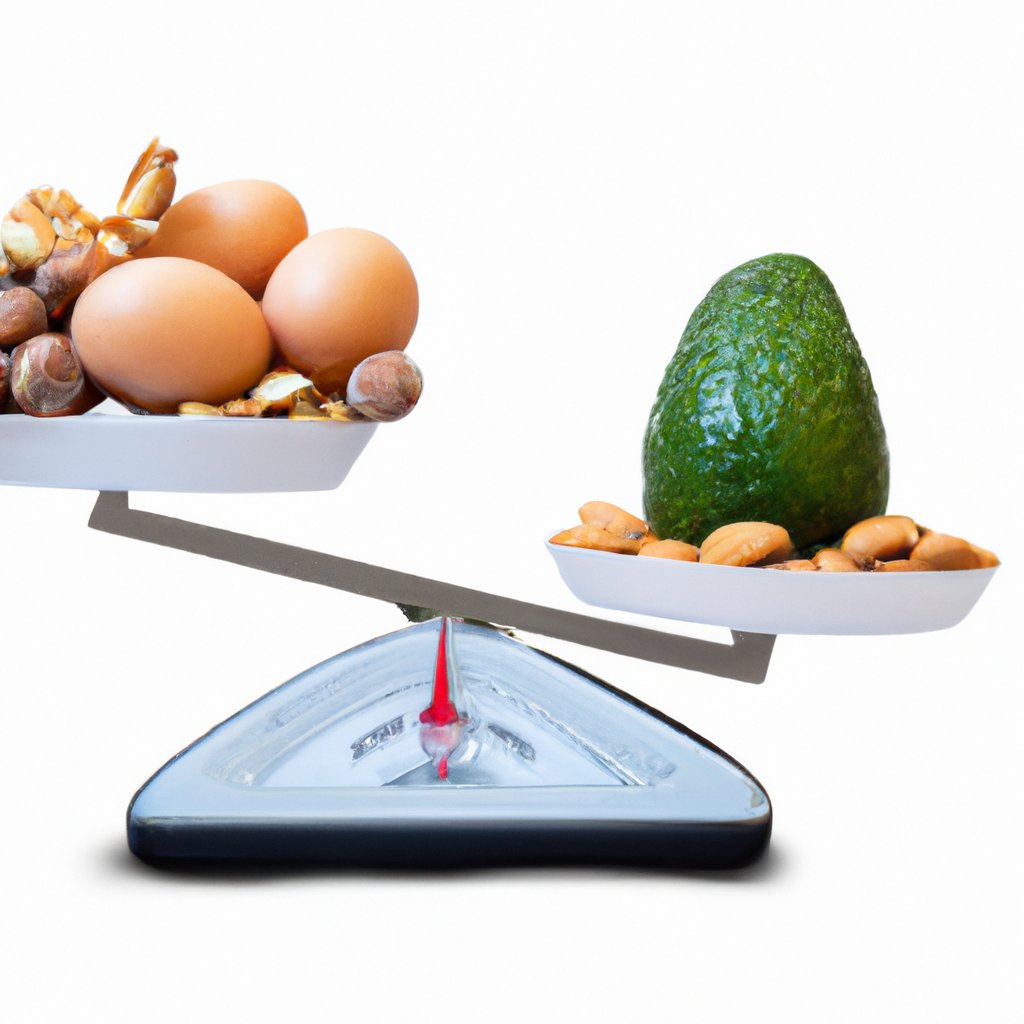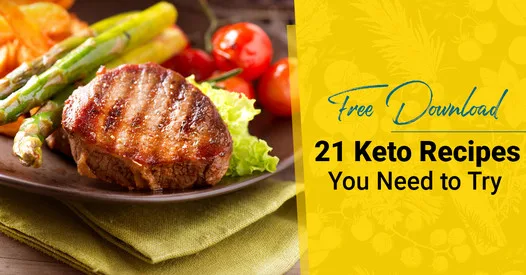Here’s a topic that you might find interesting – shedding pounds while on a high fat and high protein diet. This may seem counterintuitive as conventional diet plans often champion low-fat, low-carb methods. But trust me, there’s value in exploring alternatives. In this article, you’ll discover the science behind high fat, high protein diets, how they can potentially assist your weight loss journey, and whether they are an optimal solution for long-term health. Open your mind to a fresh perspective on nutrition as we unravel the subtleties of this intriguing diet plan.

Overview of a High Fat High Protein Diet
Struggling to find the perfect diet plan? Let’s investigate an increasingly popular choice: the high fat, high protein diet. This diet is exactly as it sounds – it emphasizes foods rich in fats and proteins while reducing intake of carbohydrates.
Definition of a High Fat High Protein Diet
A high fat, high protein diet is an eating plan that prioritizes foods high in protein and fat, while typically limiting foods high in carbohydrates. This means you would be consuming an array of meats, fatty fish, eggs, high-fat dairy products, nuts and seeds, healthy oils, and non-starchy veggies.
Popularity and Rationale Behind the Diet
As awareness about the impact of carbs on weight and overall health has grown, more people are turning to the high fat, high protein diet. This diet is in part popular due to its possible benefits in weight loss and improving metabolic health, not to mention its permission to consume hearty, satiating meals.
Key Components of a High Fat High Protein Diet
High Fat Foods ‘Role
In a high fat, high protein diet, fats are not feared but embraced. High-fat foods play a significant role in this diet, offering sustained energy and satiety. They also aid in nutrient absorption, notably for fat-soluble vitamins like A, D, E, and K. Plus, they make your meals simply more enjoyable!
Significance of High Protein Foods
Meanwhile, high protein foods are essential for muscle maintenance and growth, hormone production, and immune system function. They also boost satiety and can help curb snacking, contributing to calorie control and potentially aiding weight loss.
Example Food List
Wondering what to put on your shopping list? Think fatty cuts of meat, oily fish, full-fat dairy, eggs, avocados, nuts and seeds, and low-carb veggies. Remember, quality matters too; ideally, choose grass-fed, free-range, and organic options when possible.
Understanding Weight Loss
Basics of Weight Loss
Here’s the fundamental concept behind weight loss: you need to burn more calories than you ingest, creating a calorie deficit. This prompts your body to tap into fat stores for energy, resulting in weight loss.
Role of Calories in Weight Control
Calories are essentially units of energy. While they’re crucial for your body’s functions, consuming too many can lead to weight gain. This is why a good understanding of calorie intake and awareness of the calories in foods can be critical to navigate weight control effectively.
Common Misconceptions about Weight Loss
Unfortunately, the weight loss journey contains various traps. First, it’s a myth that all calories are created equal. Different foods go through various metabolic pathways and can affect your health and hunger differently. Second, losing weight doesn’t necessarily equate to being healthier – remember, it’s about the overall dietary pattern and lifestyle.
Possible Weight Loss on a High Fat High Protein Diet
Key Studies Supporting Weight Loss
Several studies suggest a potential role of a high fat, high protein diet in promoting weight loss. This is because foods rich in proteins and fats tend to be more satisfying, leading to reduced hunger and thus decreased calorie consumption.
Mechanisms Behind Possible Weight Loss
First, this diet might reduce your appetite due to the satiating power of protein. Second, it might lead to a reduced calorie intake. Third, it could facilitate a metabolic advantage by promoting fats as fuel and maintaining lean muscle mass. Remember, though, individual responses may vary.
Contextual Factors Impacting Weight Loss Outcomes
Keep in mind that many variables can affect weight loss, such as genetic factors, physical activity levels, sleep, and stress management. A high fat, high protein diet could be a vehicle for weight loss, but results might differ significantly from person to person.

Role of Metabolism in a High Fat High Protein Diet
How the Diet May Impact Metabolism
A high fat, high protein diet might not only affect the number of calories you consume but also how you burn them. This diet may potentially switch your body’s primary fuel source from glucose (from carbs) to ketones (from fats), a state known as ketosis.
Connection Between Metabolism and Weight Loss
In theory, when your body is in a ketogenic state, it burns fat more efficiently, which could promote weight loss. Furthermore, diets high in protein could increase metabolic rate and decrease appetite, further aiding in weight management.
Balancing Metabolic Changes with Weight Goals
Remember, metabolic changes should align with your weight goals and overall health. As you adapt to this diet, monitor not only your weight but how you feel in terms of energy, hunger, mood, and overall well-being.
Effects of a High Fat High Protein Diet Beyond Weight Loss
Potential Benefits Outside Weight Loss
Aside from potential weight loss, a high fat, high protein diet might bring other benefits like improved blood sugar control, reduced inflammation, and enhanced brain function. It may also contribute to heart health by improving cholesterol and triglyceride levels.
Possible Adverse Effects and Risks
Like all diets, a high fat, high protein diet isn’t without potential drawbacks. It might lead to nutrient deficiencies due to restricted intake of certain foods. Some people might experience digestive discomfort or other side effects, especially in the beginning years.
Managing Side Effects for Long-Term Healthcare
To manage potential side effects, you may need to gradually increase your intake of fats while decreasing carbs and monitor your body’s response. Ensuring an ample intake of fiber and nutrients, hydrating properly, and having regular checkups will also be crucial.

Adjusting Your Diet for Your Personal Goals
Understanding Your Body’s Unique Needs
No one diet suits all – so observe how your body responds to this high fat, high protein eating plan. Your age, gender, activity level, and health status all shape your dietary needs, and you should take these variables into account.
Catering the Diet to Your Preferences
Adherence is crucial for any diet to work long-term. Thus, it’s important to enjoy what you eat. If certain foods within this diet don’t appeal to you, look for alternatives that still fit within a high fat, high protein framework.
Overcoming Common Challenges in Diet Transition
Transitioning to a high fat, high protein diet can be a challenge, especially if you’re used to consuming a lot of carbs. Consider starting slowly, gradually increasing your intake of fats and proteins while decreasing carbs. A meal plan can be helpful too.
Expert Opinions on High Fat High Protein Diet for Weight Loss
Positions of Registered Dietitians
Dietitians often emphasize a balanced approach to nutrition, but many acknowledge that a high fat, high protein diet can be beneficial for specific individuals, especially for those who struggle with high blood sugar levels or intense carbohydrate cravings.
Medical Doctors’ Perspectives
Like dietitians, doctors’ viewpoints vary. Some are in favor of this diet for weight loss and better blood sugar control. However, others caution about potential restrictive nature and possible long-term impacts on kidney health from a very high protein intake.
Views from Fitness Experts
Fitness professionals often advocate for a high protein intake to support muscle recovery and growth. While fats are also crucial for hormonal health and energy, they usually emphasize balance and whole food choices rather than an overly high fat intake.

Sustainable Practices for a High Fat High Protein Diet
Strategies for Long-Term Adherence
For this diet to be sustainable, it’s essential to find meals you enjoy and feel satisfied. Remember, it’s a lifestyle change, not a quick fix. Implementing strategies like meal prepping, variety in your food choices, and setting realistic expectations can support long-term adherence.
Avoiding Common Pitfalls and Setbacks
Beware of common pitfalls like over-relying on processed high-fat, high-protein foods or skimping on veggies – focus on whole, nutritious sources of these macronutrients. If you’re having a hard time getting used to this eating style, professional guidance or stepwise transition might be helpful.
Creating a Balanced Lifestyle Beyond Dieting
This diet is only one piece in your health puzzle. It’s equally important to exercise regularly, sleep well, manage stress, and engage in other health-promoting practices. Remember, health is a marathon, not a sprint.
Conclusion: Is a High Fat High Protein Diet Right for You?
Assessing Personal Health and Fitness Goals
The efficacy of a high fat, high protein diet depends largely on your personal health and fitness goals. Ask yourself how this diet aligns with your goals, what changes would be necessary, and if those changes are realistic and convenient for you.
Weighing the Pros and Cons
Consider the potential benefits and downsides of the high fat, high protein diet. These might depend on your individual circumstances, including your health status, nutritional needs, and lifestyle. A balanced perspective can ensure you’re making an informed decision.
Seeking Professional Guidance for Individualized Plans
Given the nuances involved in nutrition, consulting with a dietitian or other healthcare professional can be beneficial. They can provide an individualized plan that considers your unique needs and preferences and helps you navigate the journey more effectively and safely.
Ultimately, a high fat, high protein diet could be a viable option for weight loss and overall health improvement. But remember, it’s your adherence and satisfaction that will bring you the long-term success you’re seeking. Start small, be consistent, and celebrate your progress along the way.

